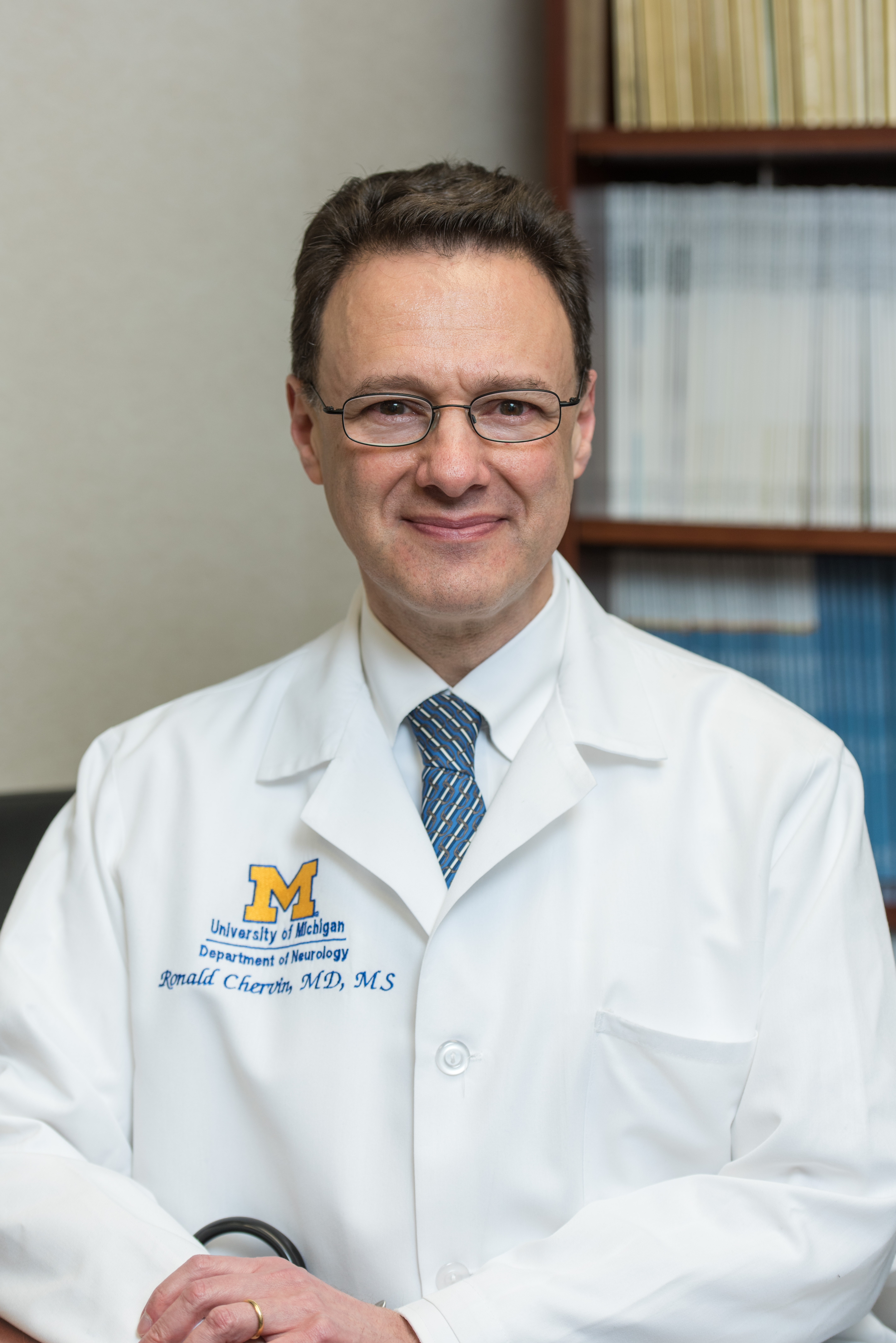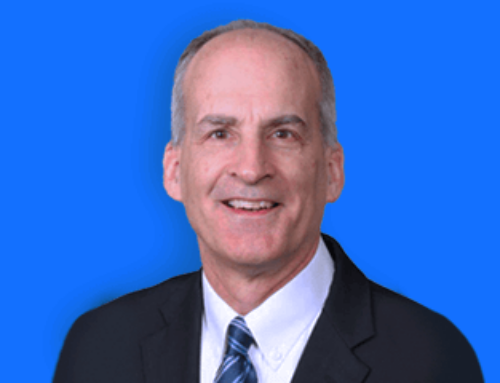 Recent developments have brought renewed attention to the relationship between sleep and heart health. The AASM and several of our members have taken action to ensure that the full message is being tnew.
Recent developments have brought renewed attention to the relationship between sleep and heart health. The AASM and several of our members have taken action to ensure that the full message is being tnew.
First, a report from the Sleep Apnea Cardiovascular Endpoints (SAVE) study was published in September in the New England Journal of Medicine. The authors concluded that continuous positive airway pressure (CPAP) therapy did not prevent adverse cardiovascular events in patients with moderate-to-severe obstructive sleep apnea (OSA) and established cardiovascular disease.
Having several concerns with the interpretation of the study results, the AASM leadership submitted a letter to the editor, which was published in the Dec. 8 issue of NEJM. We pointed out that the level of patient adherence to CPAP therapy was inadequate, with a mean duration of treatment of only 3.3 hours per night. From our perspective, this helps explain why the study did not replicate the cardiovascular benefits found in other research when CPAP was used for at least 4 hours per night, as in a recent study involving patients with OSA and coexisting coronary artery disease. We concluded our letter by stating that it remains essential for clinicians to diagnose OSA and enlist sleep specialists to help patients maintain adherence to CPAP therapy, which produces widespread health benefits.
Our message in NEJM was supported by another letter to the editor from AASM member Dr. Amado Freire and by an editorial co-authored by AASM member Dr. Babak Mokhlesi, “Cardiovascular Events in Obstructive Sleep Apnea — Can CPAP Therapy SAVE Lives?” I encourage you to reassure patients who have OSA that consistent use of CPAP therapy can help improve their heart health. If your sleep practice has a subscription to the AASM Patient Education Fact Sheets, then you also can share the informational “Your Heart and Sleep” fact sheet with your patients.
Also in September, the American Heart Association (AHA) published a scientific statement reviewing the evidence linking sleep duration and sleep disorders to cardiometabolic risk. Among the statement’s co-authors are AASM members Michael Grandner, PhD; Girardin Jean-Louis, PhD; and Michael Coons, PhD, who served as the vice chair for the development of the statement.
Its publication was timely, as the AASM – along with the CDC, Sleep Research Society, and our other partners in the National Healthy Sleep Awareness Project – already had decided to focus on sleep and cardiovascular health during the project’s 2016-2017 program year. We invited the AHA to recommend representatives to participate on our project workgroups, and several AHA nominees accepted the invitation and are now assisting us on the project. Upcoming project activities will include a public awareness campaign about OSA and cardiovascular risk, a webinar for cardiologists, and a systematic literature review of sleep duration and hypertension.
Let’s continue to work together to promote optimal heart health through better sleep.
Sincerely,
Ronald D. Chervin, MD, MS
President


